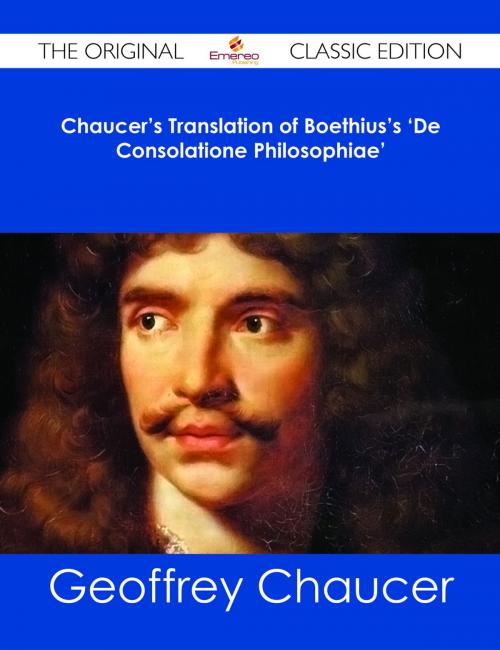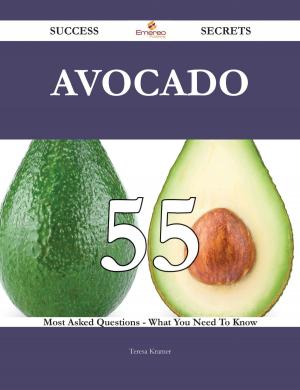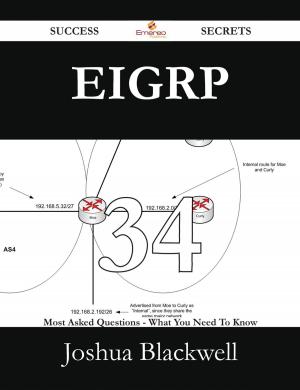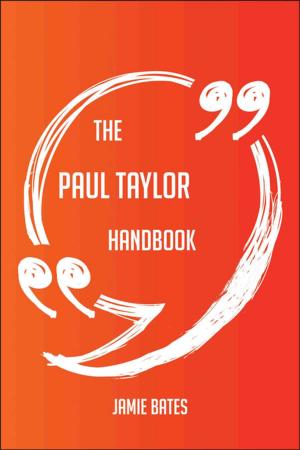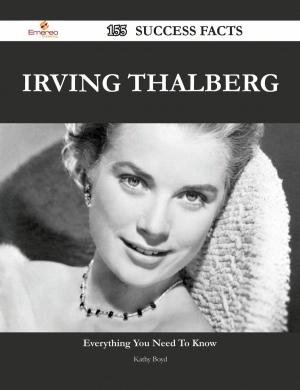Chaucer's Translation of Boethius's 'De Consolatione Philosophiae' - The Original Classic Edition
Nonfiction, Reference & Language, Reference, Fiction & Literature| Author: | Geoffrey Chaucer | ISBN: | 9781486491902 |
| Publisher: | Emereo Publishing | Publication: | March 10, 2013 |
| Imprint: | Emereo Publishing | Language: | English |
| Author: | Geoffrey Chaucer |
| ISBN: | 9781486491902 |
| Publisher: | Emereo Publishing |
| Publication: | March 10, 2013 |
| Imprint: | Emereo Publishing |
| Language: | English |
Finally available, a high quality book of the original classic edition of Chaucer's Translation of Boethius's 'De Consolatione Philosophiae'. It was previously published by other bona fide publishers, and is now, after many years, back in print.
This is a new and freshly published edition of this culturally important work by Geoffrey Chaucer, which is now, at last, again available to you.
Get the PDF and EPUB NOW as well. Included in your purchase you have Chaucer's Translation of Boethius's 'De Consolatione Philosophiae' in EPUB AND PDF format to read on any tablet, eReader, desktop, laptop or smartphone simultaneous - Get it NOW.
Enjoy this classic work today. These selected paragraphs distill the contents and give you a quick look inside Chaucer's Translation of Boethius's 'De Consolatione Philosophiae':
Look inside the book:
That þe world with stable feith / varieth acordable chaungynges // þat the contraryos qualite of element? holden amonge hem self aliaunce perdurable / þat phebus the sonne with his goldene chariet / bryngeth forth the rosene day / þat the mone hath commaundement ouer the nyhtes // whiche nyhtes hesperus the eue sterre hath browt // þat þe se gredy to flowen constreyneth with a certeyn ende hise floodes / so þat it is nat leueful to strechche hise brode termes or bowndes vp-on the erthes // þat is to seyn to couere alle the erthe // Al this a-cordaunce of thinges is bownden with looue / þat gouerneth erthe and see / and he hath also commaundement? to the heuenes / and yif this looue slakede the brydelis / alle thinges þat now louen hem to-gederes / wolden maken a batayle contynuely and stryuen to fordoon the fasoun of this worlde / the which they now leden in acordable feith by fayre moeuynges // this looue halt to-gideres poeples / ioygned with an hooly bond / and knytteth sacrement of maryages of chaste looues // And loue enditeth lawes to trewe felawes // O weleful weere mankynde / yif thilke loue þat gouerneth heuene gouerned yowre corages /. ...THat þe world with stable feith / varieth acordable chaungynges // þat the contraryos qualite of element? holden amonge hem self aliaunce perdurable / þat phebus the sonne with his goldene chariet / bryngeth forth the rosene day / þat the mone hath commaundement ouer the nyhtes // whiche nyhtes hesperus the eue sterre hat browt // þat þe se gredy to flowen constreyneth with a certeyn ende hise floodes / so þat it is nat leueful to strechche hise brode termes or bowndes vp-on the erthes // þat is to seyn to couere alle the erthe // Al this a-cordaunce of thinges is bownden with looue / þat gouerneth erthe and see / and hath also commaundement? to the heuenes / and yif this looue slakede the brydelis / alle thinges þat now louen hem to gederes / wolden maken a batayle contynuely and stryuen to fordoon the fasoun of this worlde / the which they now leden in acordable feith by fayre moeuynges // this looue halt to gideres poeples Ioygned with an hooly bond / and knytteth sacrement of maryages of chaste looues // And loue enditeth lawes to trewe felawes // O weleful weere mankynde / yif thilke loue þat gouerneth heuene gouernede yowre corages /
About Geoffrey Chaucer, the Author:
Yet even before his death in 1400, Chaucer's audience had begun to include members of the rising literate, middle and merchant classes, which included many Lollard sympathisers who may well have been inclined to read Chaucer as one of their own, particularly in his satirical writings about friars, priests, and other church officials. ...Probably referring to the 1542 Act for the Advancement of True Religion, Foxe said that he 'marvels to consider ... how the bishops, condemning and abolishing all manner of English books and treatises which might bring the people to any light of knowledge, did yet authorise the works of Chaucer to remain still and to be occupied; who, no doubt, saw into religion as much almost as even we do now, and uttereth in his works
Finally available, a high quality book of the original classic edition of Chaucer's Translation of Boethius's 'De Consolatione Philosophiae'. It was previously published by other bona fide publishers, and is now, after many years, back in print.
This is a new and freshly published edition of this culturally important work by Geoffrey Chaucer, which is now, at last, again available to you.
Get the PDF and EPUB NOW as well. Included in your purchase you have Chaucer's Translation of Boethius's 'De Consolatione Philosophiae' in EPUB AND PDF format to read on any tablet, eReader, desktop, laptop or smartphone simultaneous - Get it NOW.
Enjoy this classic work today. These selected paragraphs distill the contents and give you a quick look inside Chaucer's Translation of Boethius's 'De Consolatione Philosophiae':
Look inside the book:
That þe world with stable feith / varieth acordable chaungynges // þat the contraryos qualite of element? holden amonge hem self aliaunce perdurable / þat phebus the sonne with his goldene chariet / bryngeth forth the rosene day / þat the mone hath commaundement ouer the nyhtes // whiche nyhtes hesperus the eue sterre hath browt // þat þe se gredy to flowen constreyneth with a certeyn ende hise floodes / so þat it is nat leueful to strechche hise brode termes or bowndes vp-on the erthes // þat is to seyn to couere alle the erthe // Al this a-cordaunce of thinges is bownden with looue / þat gouerneth erthe and see / and he hath also commaundement? to the heuenes / and yif this looue slakede the brydelis / alle thinges þat now louen hem to-gederes / wolden maken a batayle contynuely and stryuen to fordoon the fasoun of this worlde / the which they now leden in acordable feith by fayre moeuynges // this looue halt to-gideres poeples / ioygned with an hooly bond / and knytteth sacrement of maryages of chaste looues // And loue enditeth lawes to trewe felawes // O weleful weere mankynde / yif thilke loue þat gouerneth heuene gouerned yowre corages /. ...THat þe world with stable feith / varieth acordable chaungynges // þat the contraryos qualite of element? holden amonge hem self aliaunce perdurable / þat phebus the sonne with his goldene chariet / bryngeth forth the rosene day / þat the mone hath commaundement ouer the nyhtes // whiche nyhtes hesperus the eue sterre hat browt // þat þe se gredy to flowen constreyneth with a certeyn ende hise floodes / so þat it is nat leueful to strechche hise brode termes or bowndes vp-on the erthes // þat is to seyn to couere alle the erthe // Al this a-cordaunce of thinges is bownden with looue / þat gouerneth erthe and see / and hath also commaundement? to the heuenes / and yif this looue slakede the brydelis / alle thinges þat now louen hem to gederes / wolden maken a batayle contynuely and stryuen to fordoon the fasoun of this worlde / the which they now leden in acordable feith by fayre moeuynges // this looue halt to gideres poeples Ioygned with an hooly bond / and knytteth sacrement of maryages of chaste looues // And loue enditeth lawes to trewe felawes // O weleful weere mankynde / yif thilke loue þat gouerneth heuene gouernede yowre corages /
About Geoffrey Chaucer, the Author:
Yet even before his death in 1400, Chaucer's audience had begun to include members of the rising literate, middle and merchant classes, which included many Lollard sympathisers who may well have been inclined to read Chaucer as one of their own, particularly in his satirical writings about friars, priests, and other church officials. ...Probably referring to the 1542 Act for the Advancement of True Religion, Foxe said that he 'marvels to consider ... how the bishops, condemning and abolishing all manner of English books and treatises which might bring the people to any light of knowledge, did yet authorise the works of Chaucer to remain still and to be occupied; who, no doubt, saw into religion as much almost as even we do now, and uttereth in his works
